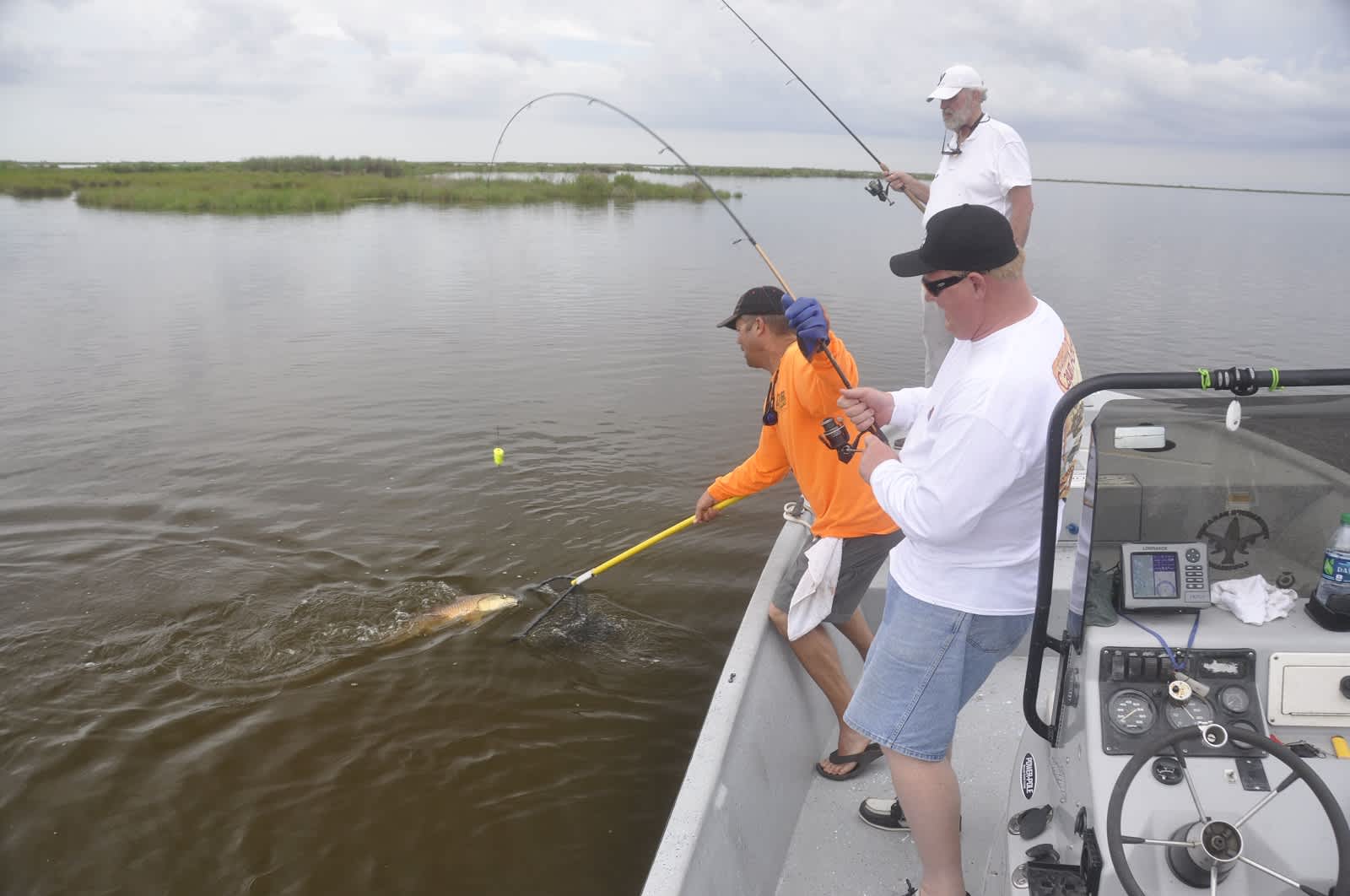A Priceless Fishing Guide
Dan Armitage 01.12.14

I have a buddy who heads south about this time each January to escape the cold. For nearly 20 years, he had traveled to Florida to go fishing. When I ran into him recently and asked when he was headed down this winter, he said that he had stopped making the annual trip. He explained that the fishing guide he had initially hired years ago, eventually befriended, and fished with every season since then, had passed away.
I reminded my friend that he owns a perfectly capable fishing boat which he could trailer down, and that there are plenty of rental boats at the destination if the drive or the boat-trailering was holding him back. He admitted that he was worried about being able to safely navigate the local waters and get to the fishing spots that he had counted on his professional fishing companion to get them to.
The advice I gave him is the same I have shared with anglers testing new waters for years. The short version: hire a local fishing guide! Bite the ego bullet (“Why hire someone when I know how to fish and can run a boat?!”) and shell out the bucks it’ll cost you to spend a day with a pro and I guarantee you, you won’t be sorry.
Even if you own a boat and have the basic fishing skills and equipment required to be successful in a given water system, the time and money you will spend (note I didn’t say “waste;” I consider any time spent aboard and on the water to have value) using trial and error to learn the local waters and stumble upon a fishing spot or two will positively eclipse the up-front monetary investment required to hire a local professional to help you cut some corners and straighten out your local knowledge learning curve.
Now, to be fair to the guide, there are some guidelines you need to follow when temporarily hiring his services to show you the ropes in waters you intend to boat and angle in the long run on your own.
Because you are not the typical client hiring a guide for a day or two of fishing while you are in town, and instead are hoping to gain local boating and fishing knowledge for your own use in those same waters, you need to be up front with him (or her) and share that information before you agree on a trip. Most guides will appreciate your candor, respect you for being open about your intentions, and may (or may not) agree to host you. If so, they may not be as forthcoming about taking you to their “secret” honey holes, knowing that you may return yourself and compete with his clients for his hard-earned fishing action, but most professional fishing guides who agree to a “training trip” will return the favor by extending the extra effort required to show you some tips and shortcuts for safely navigating local waters and share valuable information to someone who will be boating there in the long term. A good guide will also take you to good places to fish, and perhaps explain what makes those particular locales productive, which is invaluable for someone seeking information to help them start identifying potential hot spots of their own.
If you have a handheld GPS unit, ask your guide if it’s ok for you to mark some of the places he takes you. Better yet, if your model offers the option, ask if it is ok with your captain to record the route of your entire time on the water for later reference. The rule here is to ask first; you don’t want your captain to catch you sneaking position fixes of his prime fishing holes on a portable GPS receiver. That’s grounds for a long swim back to the dock in most locales.
As I advised my buddy, in advance of any trip during which you intend to hire a local fishing guide, you should get names of guides and captains from friends who have visited the destination, local sources such as tourism agencies, chambers of commerce, tackle shops, fishing guide associations, or study magazines that carry advertisements for captains who work the waters you want to visit. Then ask the guides you choose to contact for references from past clients, and follow up with them to learn of anglers’ experiences with that particular captain.
Once you have settled on a potential guide to hire, tell them exactly your intention to use the fishing and boating experience they offer as a basis for further exploration on your own. If they agree to take you out and show you the ropes under those conditions, follow up with additional communication to make sure you know what time to show up and where, what to wear, and who is responsible for what in terms of tackle, bait, and lunch.
Done right and with mutual respect, as experienced by my friend, you may be entering a mutually beneficial, long-term relationship. At the least, you will be spending time in the company of someone with professional knowledge of waters and a fishery that you want to know better yourself. And that’s priceless—so tip accordingly.

